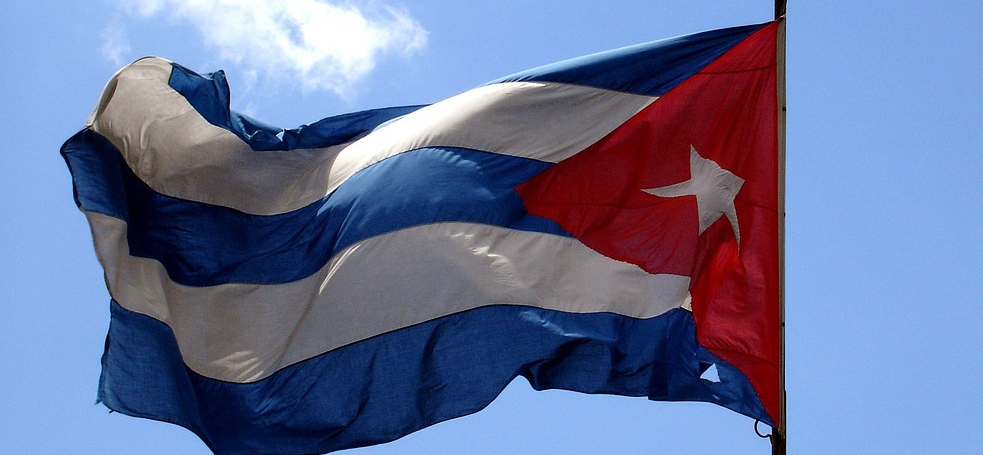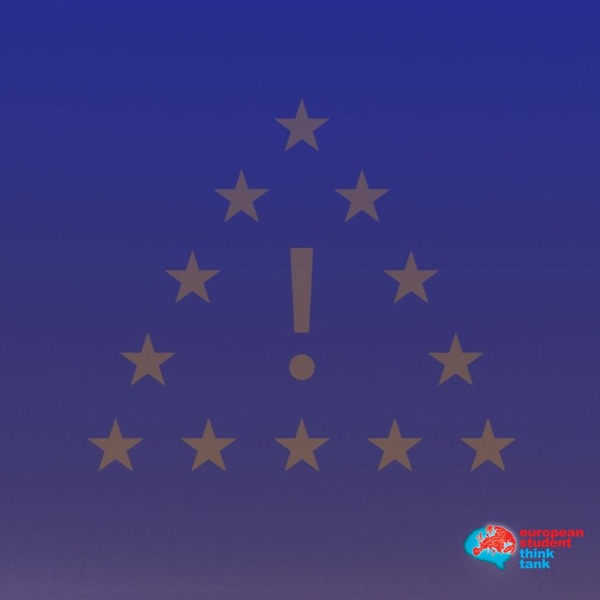
By Johannes Tropper, our Austrian ambassador
More than 20 years after the end of the Cold War, the United States and Cuba are in the process of re-establishing diplomatic relations. Even though this has long been overdue, it also poses a challenge to the European Union. A quick normalization of relations between the entities is paramount if the EU were to play a significant role in future Cuba.
Since 2014 the EU has been negotiating a bilateral “Political Dialogue and Cooperation Agreement” with the Cuban government and held a third round of talks in Havana this March.i Such a policy of engagement cannot be taken for granted. Previous years highlighted some serious disagreements about the right approach to Cuba, though less pronounced in the past few years.
There are still two blocs: one disapproves of the dialogue between the EU and Cuba citing human rights abuses and the absence of a pluralist democratic system (for instance: the Czech Republic, Slovakia, Poland). The other bloc advocates that this dialogue is the only viable step to improve the human rights situation highlighting that the policies of confrontation and exclusion have not had any positive impact on Cuban decision-making (for example: Spain, France, the Netherlands).
As far as the Czech Republic is concerned, Cuba is the epitome of a vile past that Eastern Europe managed to overcome. The Czech Republic harbours a deeply rooted distrust for the Cuban government related to Fidel Castro’s vocal support of the Soviet invasion during the Prague Spring. Most of the post-Communist states have always maintained that the “Common Position”- the normative foundation of the current relations-can only be altered if tangible steps towards a pluralist democracy are taken.
The main principle of the “Common Position”, which was adopted in 1996, is that full cooperation has preconditions, namely respect for human rights- explicitly the right of association and freedom of speech- and a transition towards a more pluralist democratic system.ii Despite the fact that the Cuban government condemned the “Common Position”, it can hardly be compared to the US embargo and the updated sanction regime of the so-called “Helms-Burton-Act”. Contrary to the US, the EU had decided to merely take political and diplomatic measures, even after the so-called “Black Spring”, a crackdown on Cuban opposition figures, in 2003. A political approach was chosen, but trade and investment were left untouched. Still, prohibiting high-level visits of Cuban officials to the EU and inviting Cuban opposition figures to receptions at European embassies, had Cuba cut off diplomatic ties. This brief row lasted for two years until a compromise was reached, which was not endorsed by the Czech Republic. All the rather symbolic sanctions were suspended in 2005 as well and ultimately lifted in 2008.
The first country that saw diplomatic relations being re-established was Spain. Both, Cuba and Spain, share a common past due to colonialism. Cuba was the last colony in Latin America to break free in 1898, but (commercial) ties remained strong between the two countries, even during Franco’s rule.
While conservative Spanish Prime Minister José María Aznar was a staunch critic of the Cuban government, the socialist Prime Minister José Luis Rodríguez Zapatero revised Spain’s foreign policy on Cuba. Aznar had proposed the “Common Position” in 1996, Zapatero tried to rally the EU member states behind his new policy towards Cuba. His attempts to achieve a bilateral agreement between the EU and Cuba during the Spanish presidency in 2010 were hampered by resistance.iii Nonetheless, Spain’s enduring opposition to the “common position” and its calls for a fresh dialogue earned Zapatero’s government respect from the Cuban counterparts. The Spanish government seized the opportunity to take up a mediating role, which allowed them to negotiate the release of political prisoners- most of whom now reside in Spain in exile.
The European Union has to be aware of two factors that have a huge impact on any negotiations with Cuba: firstly, it is the divergence in the perception of human rights and the importance that the Cuban government assigns to social rights; secondly, it is the pride and caution when it comes to questions that might touch upon Cuban sovereignty and independence. Several of the politicians still in power, including the president, experienced the period of political corruption as well as virtually complete US control over the Cuban economy before the Cuban revolution and foreign interventions after the Cuban revolution, making them wary of external actors that support internal changes. Under the leadership of Raúl Castro the political climate appears to be more susceptible to an opening towards the “capitalist world”.
What about the “Common Position” though? Until now it is still the official policy towards Cuba. It is virtually inevitable not to discuss the “Common Position” at some stage during the negotiations, though neither side seems to regard it as a top priority. One should not be oblivious to the fact that the “Common Position” will most likely not be officially rectified due to the concerns of some Eastern European countries. However, signing a “Political Dialogue and Cooperation Agreement”, whose content is more comprehensive, will ultimately render the “Common Position” obsolete and spare the Eastern European countries the trouble of having to officially relinquish their stance.
In the past, several countries have managed to successfully work around the “Common Position” and helped in the release of political prisoners. It is obvious that the policy of confrontation, premised upon the “Common Position”, was a failure, and many politicians in the EU have come out against the old approach. Throwing this two-page document into the dustbin of history and devising a bilateral instead of a unilateral policy guideline, which reflects the interests of both parties and encompasses not only political, but also economic plans, will be beneficial to both sides.
Currently, there is a window of opportunity for the EU. The US is still in the backseat, but the EU will most likely be sidelined once the economic embargo is scrapped. With Mogherini and Hollande rushing to Cuba, the question looming in the dark is whether negotiations have not started too late. Certainly, the speed of negotiations ought to be increased if the EU intends to have a good start ahead of the US. The desire for quicker negotiations has already been indicated by the High Representative Frederica Mogherini during her visit to Cuba. She hopes that an accord can be signed by the end of this year.iv That might allow the EU to take the upper hand over the US, at least temporarily
Moreover, the approach towards political topics should primarily remain pragmatic and realistic. It goes without saying that human rights issues need to be discussed, yet they should not be blown out of proportion in the outcome document, but rather be addressed in more detail in an institutionalized framework.
Fear of granting the Cuban government more legitimacy because of a successful completion of negotiations- a fear still common among Cuban dissidents on the island and abroad-, is certainly an outdated take on the matter. A policy of isolation did not lead to a regime change despite all the grievances for the population. On the contrary, it provided an excuse for the Cuban government, blaming all failures on the trade embargo and sanctions. Canada and Norway have never shrunk back from a relatively pragmatic line and for that matter a more efficient policy, so why should the EU hide in the shadows of the past?
It’s high time Cuba’s inglorious status as the only country in Latin America and the Caribbean without a bilateral agreement with the EU is altered. It may now only be a question of time, but the EU should be well aware that the longer it takes, the less influence it will have on the future design of the Cuban political and economic system.
i http://eeas.europa.eu/delegations/cuba/documents/press_corner/20150305_press_lines_3rdround_negotiations_es.pdf
ii Council Common Position1996/697/CFSP of 2 December1996 defined by the Council on the basis of Article J.2 of the Treaty on European Union, on Cuba, Official Journal of the European Union, L322/1, 12 December 1996, pp. 1-2

 The invention of development: power, narrative, and the afterlife of Truman’s speech
The invention of development: power, narrative, and the afterlife of Truman’s speech  Is the World Trade Organisation a Failure?
Is the World Trade Organisation a Failure?  Is EU citizenship for sale – or for keeps? A critical analysis of the CJEU’s Golden Visa ruling.
Is EU citizenship for sale – or for keeps? A critical analysis of the CJEU’s Golden Visa ruling.  The European Union in Space: From exploration and innovation to security and autonomy
The European Union in Space: From exploration and innovation to security and autonomy 


